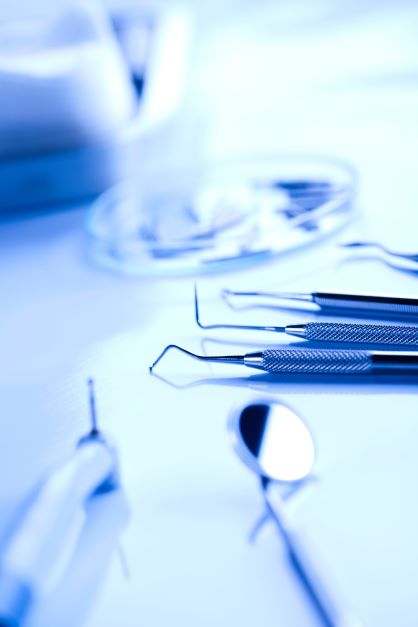
05 Jan The Importance Of Regular Dental Checks
Did you know that your oral health is essential to your overall well-being? Regular dental examinations are essential to maintaining dental hygiene and preventing tooth or gum damage. Seeing a dentist regularly can help maintain healthy teeth, gums, and mouth so you can keep smiling confidently – plus have a good quality of life in the long run!
In this article, written by our team of experts here at Hendford Dental Practice, let’s discuss why regular dental checks are necessary for everyone. We’ll go over how to maintain optimal oral health, explore what types of treatments might be recommended by dentists, and discuss the importance of having a best practices plan for checking in on your teeth now and again.
If you have any questions or queries once you have read our article, please feel free to reach out to one of our team members today; we are always more than happy to help you or make an appointment.
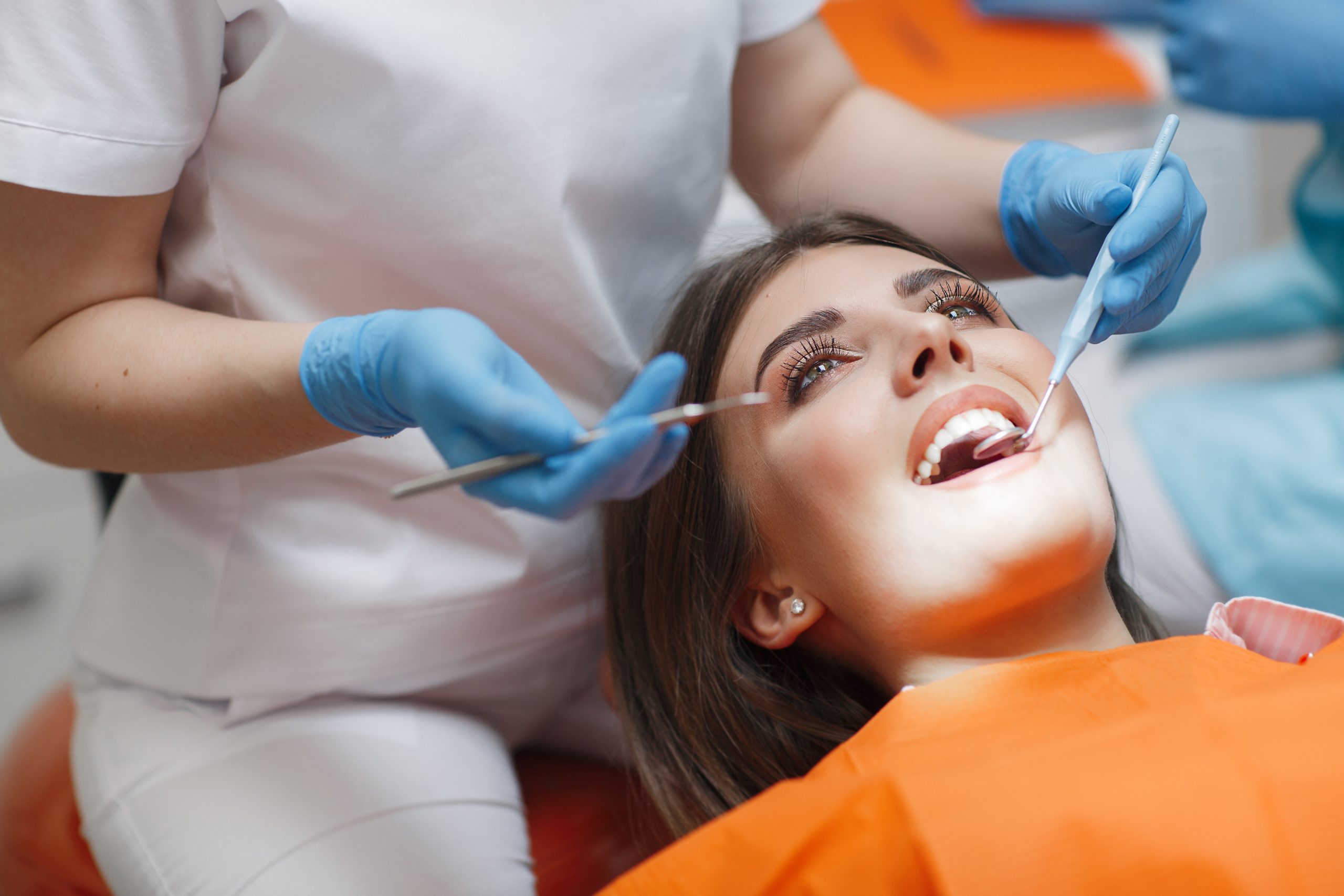
Why Should You Visit A Dentist?
There are several reasons why it is essential to visit a dentist regularly:
Prevention of dental problems: Cavities, gum disease, and tooth loss can all be prevented or treated with regular dental check-ups and cleanings. These visits allow the dentist to identify and address potential issues before they become more severe.
Professional teeth cleanings: While brushing and flossing at home is essential for maintaining oral hygiene, they may not remove all the plaque and tartar that can build up on the teeth. Professional cleanings can help remove these deposits, reducing the risk of gum disease and cavities.
Improved overall health: Gum disease has been linked to various health problems, including heart disease and diabetes. Visiting the dentist regularly and treating gum disease may reduce the risk of these health conditions.
Cosmetic reasons: Many people visit the dentist to improve the appearance of their teeth. This can be achieved through teeth whitening, veneers, and braces.
Overall, visiting the dentist is essential for maintaining good oral health. It is recommended to visit the dentist every six months for a routine cleaning and check-up.
Why Is It So Important To See A Dentist?
Visiting a dentist is an essential aspect of maintaining overall health and hygiene. While many prioritise visits to their primary care physician, they may need to pay more attention to their dental health. However, the mouth is an essential part of the body and taking care of it is crucial for overall well-being.
One of the most significant benefits of visiting a dentist is preventing dental problems. Cavities, gum disease, and tooth loss can all be prevented or treated with regular dental check-ups and cleanings. These visits allow the dentist to identify and address potential issues before they become more severe.
Can A Dental Exam Show Any Issues?
During a dental exam, the dentist will check for cavities, gum disease, and any other issues that may be present. If caught early, cavities can be filled before they become more prominent and cause more pain. Gum disease, if left untreated, can lead to tooth loss and other health problems. Regular dental visits can help catch these issues before they progress and become more severe.
Another reason to visit the dentist is for professional teeth cleanings. While brushing and flossing at home is essential for maintaining oral hygiene, they may not remove all the plaque and tartar that can build up on the teeth. Professional cleanings can help remove these deposits, reducing the risk of gum disease and cavities.
In addition to preventing and treating dental issues, visiting the dentist can improve overall health. Gum disease has been linked to various health problems, including heart disease and diabetes. Visiting the dentist regularly and treating gum disease may reduce the risk of these health conditions.
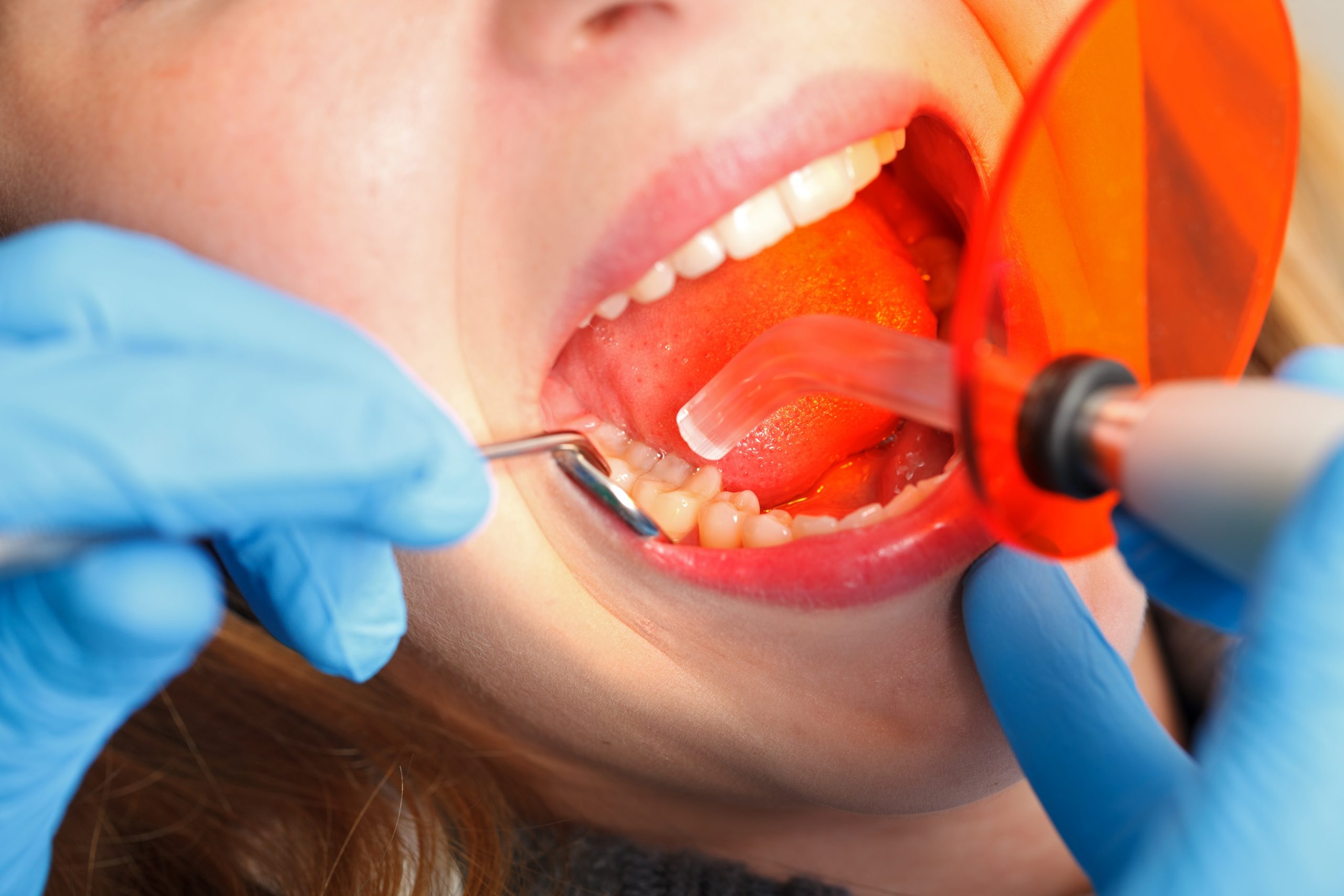
Visit A Dentist For More Than Medical Reasons
Another benefit of visiting the dentist is cosmetic reasons. Many people visit the dentist to improve the appearance of their teeth. This can be achieved through teeth whitening, veneers, and braces.
Overall, visiting the dentist is essential for maintaining good oral health. It can prevent and treat dental issues, improve overall health, and enhance the appearance of teeth. It is recommended to visit the dentist every six months for a routine cleaning and check-up.
While some people may be hesitant to visit the dentist due to anxiety or a fear of the unknown, it is essential to remember that dentists are trained professionals there to help. They can offer various options to make visits more comfortable and help alleviate any anxiety.
Should You Brush Your Teeth Before Visiting The Dentist?
It is generally not necessary to brush your teeth before visiting a dentist. Avoid brushing your teeth immediately before a dental appointment is often better. This is because the dentist or dental hygienist will need to examine the condition of your teeth and gums, and any changes in the plaque or tartar on your teeth can affect the accuracy of their assessment.
However, it is still essential to maintain good oral hygiene by brushing and flossing regularly at home. This will help to keep your teeth and gums healthy and reduce the risk of dental problems. It is also a good idea to brush your teeth after a dental appointment to remove any debris or plaque that may have been loosened during the cleaning.
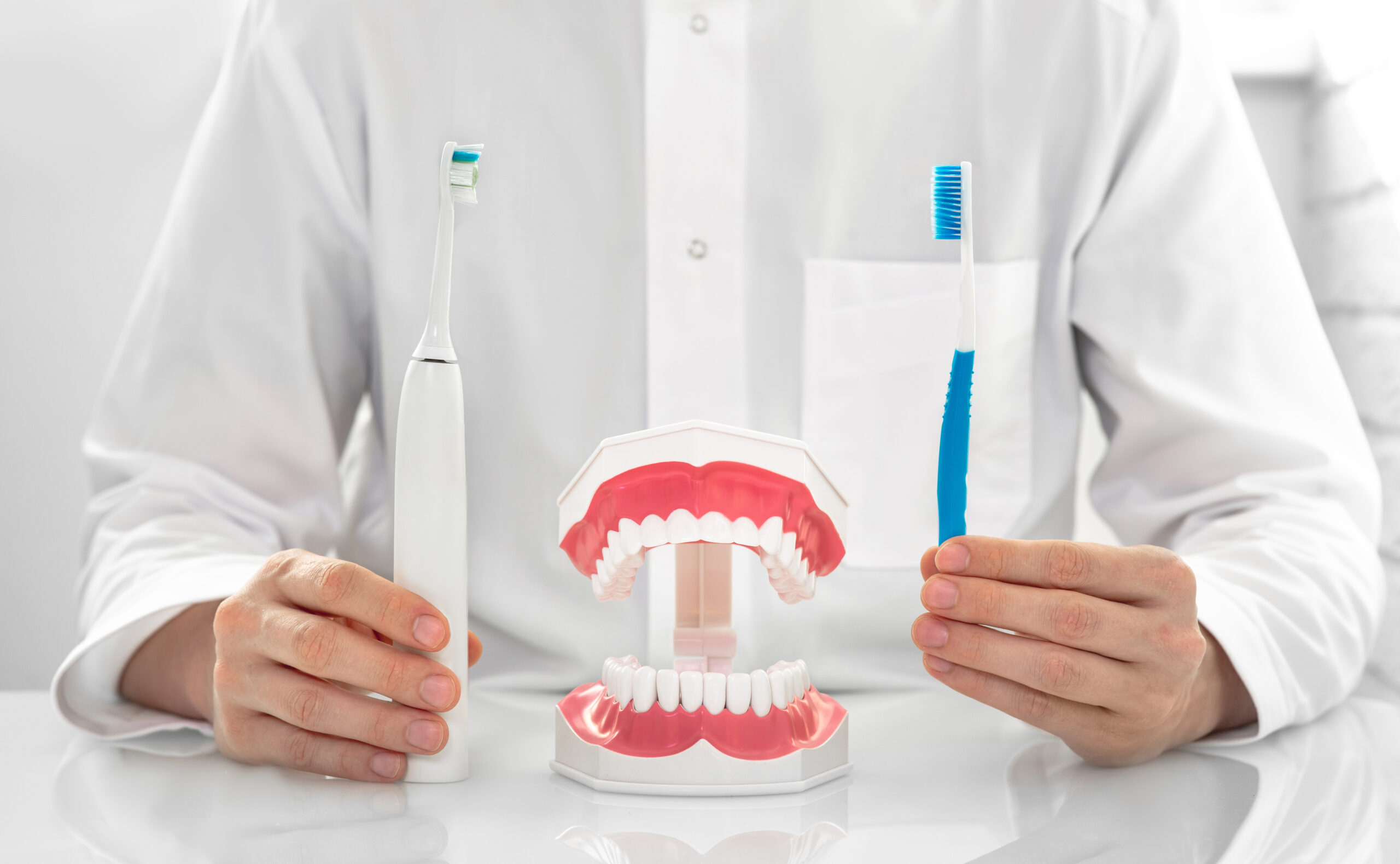
What Are The Signs Your Oral Health Is Not The Best?
Several signs may indicate that your oral health is not in the best condition:
Toothache: A toothache is a common sign of dental problems such as a cavity or an abscess. It can be a sharp or throbbing pain triggered by chewing or drinking hot or cold beverages.
Sensitive teeth: If your teeth are sensitive to hot or cold temperatures, or sweet or sour foods, it could be a sign of a dental problem such as a cavity or exposed tooth roots.
Bad breath: Persistent bad breath, or halitosis, can signify gum disease or other oral health problems.
Red or swollen gums: Gums that are red, swollen, or bleed easily may be a sign of gum disease.
Loose teeth: If your teeth feel loose or are shifting, it could be a sign of gum disease or other dental problems.
Mouth sores: Mouth sores, such as cold sores or canker sores, can be a sign of an underlying dental issue.
If you are experiencing any of these symptoms, you must visit a dentist for a check-up and treatment. Ignoring these signs could lead to more significant dental problems in the future.
What Is The Best Way To Brush Your Teeth?
The best way to brush your teeth is to use fluoride toothpaste and a soft-bristled toothbrush. Follow these steps:
- Place a pea-sized amount of toothpaste on your toothbrush.
- Hold your toothbrush at a 45-degree angle to the gums.
- Use gentle circular motions to brush your teeth’ fronts, backs, and tops. Remember to brush your tongue to remove bacteria and freshen your breath.
- Spit out the toothpaste and rinse your mouth and toothbrush with water.
- Brush your teeth for at least two minutes twice a day.
Brushing your teeth for at least two minutes is essential to remove plaque and bacteria effectively. It is also important to replace your toothbrush every three to four months or sooner if the bristles become frayed.
In addition to brushing, it is essential to floss daily to remove plaque and food particles from between your teeth and along the gumline. Use a flossing technique that works best for you, and be sure to floss between your teeth, including the back ones.
Contact Hendford Dental To Book Your Appointment Today
Although it may seem like a chore, regular dental visits are essential for maintaining good oral health. During these checkups, your dentist can spot any potential problems and provide treatments to prevent them from becoming more serious.
If you’re due for a dental visit or have concerns about oral health, don’t hesitate to contact Hendford Dental Practice today. We would be happy to answer any of your questions and help you achieve optimal oral health!
Please do not be worried or concerned about visiting our dental practice; we strive to take great care of all our patients; if you have worries, please speak to one of our practitioners today. We are always happy to help you in any way we can.
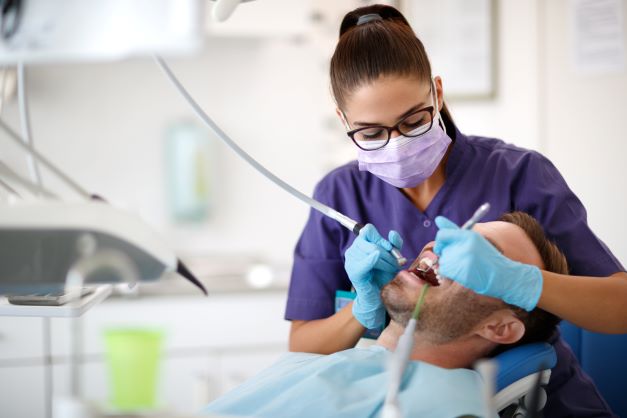


Sorry, the comment form is closed at this time.